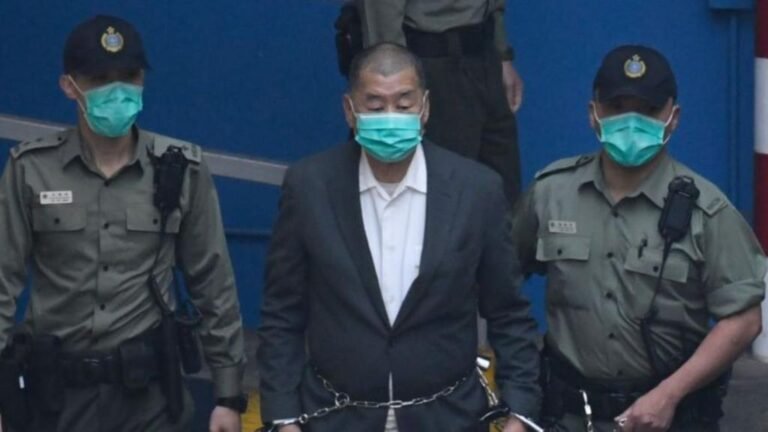
Russia has officially withdrawn from an international security agreement that limits the use of conventional weapons, citing the expansion of NATO as the reason for their decision. This move, which was first announced earlier this year, became official at midnight on Tuesday when Russia formally exited the Treaty on Conventional Armed Forces in Europe (CFE).
The Russian Ministry of Foreign Affairs has labeled this withdrawal as a turning point in history. According to the ministry, the CFE treaty no longer serves Russia’s interests due to what they see as circumvention of restrictions by NATO countries as the US-led military alliance expanded its reach.
This development follows closely on the heels of another provocative move by President Vladimir Putin. Less than a week before Russia’s withdrawal from the CFE treaty, Putin revoked his country’s ratification of the Comprehensive Nuclear Test Ban Treaty (CTBT). This action, combined with the test-launch of an intercontinental ballistic missile capable of carrying nuclear warheads from one of Russia’s submarines, has raised concerns about the country’s commitment to arms control and global security.
The CFE treaty, signed in 1990 shortly after the fall of the Berlin Wall, imposed limitations on conventional arms and equipment. Its primary objective was to prevent Cold War adversaries from amassing forces that could be used for rapid military offensives. However, the treaty was met with opposition in Moscow at the time, as Russia held a dominant position in conventional weaponry.
NATO has accused Russia of flouting the terms of the CFE treaty for many years, citing its suspension of participation in 2007 and a complete halt in active participation in 2015. This situation deteriorated further after Russia’s full-scale invasion of Ukraine in February 2022, leading President Putin to formally denounce the treaty in May.
The Russian Foreign Ministry stated, “The CFE Treaty was concluded at the end of the Cold War, when the formation of a new architecture of global and European security based on cooperation seemed possible, and appropriate attempts were made.” They added that even the formal preservation of the CFE Treaty is now unacceptable from Russia’s perspective, particularly since the US and its allies failed to ratify an updated version of the accord in 1999.
The US and its allies had linked their ratification of the adapted 1999 CFE to Russia withdrawing troops from Georgia and Moldova, a linkage that Russia vehemently disagreed with.
The conflict in Ukraine has led to a severe crisis in Moscow’s relations with the West, comparable to the depths of the Cold War. Kremlin spokesperson Dmitry Peskov described relations with the US as being “below zero.”
NATO expressed strong condemnation of Russia’s decision to withdraw from the CFE, asserting that it undermines Euro-Atlantic security. NATO claimed that Russia had not adhered to its CFE obligations for many years, citing Russia’s aggression in Ukraine and Belarus as contrary to the objectives of the CFE Treaty.
In response to Russia’s suspension in 2011, which the US argued was not allowed under the treaty, the US and NATO halted their implementation of the treaty in relation to Russia, according to the State Department. This move further strained the already fragile relationship between Russia and Western countries.
For More Updates, join our WhatsApp Group and Telegram Channel






